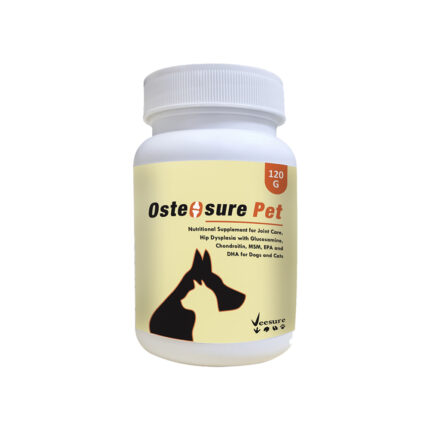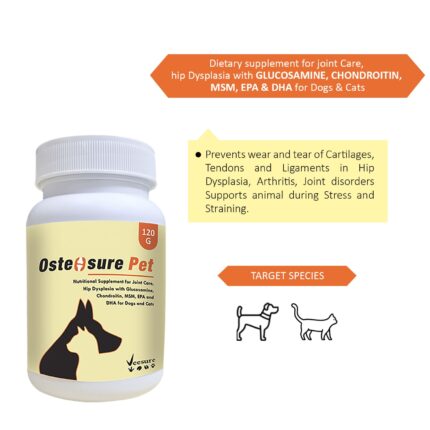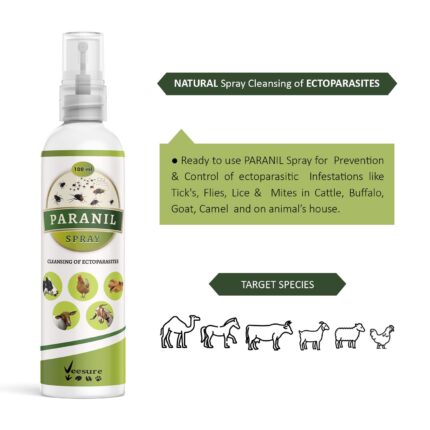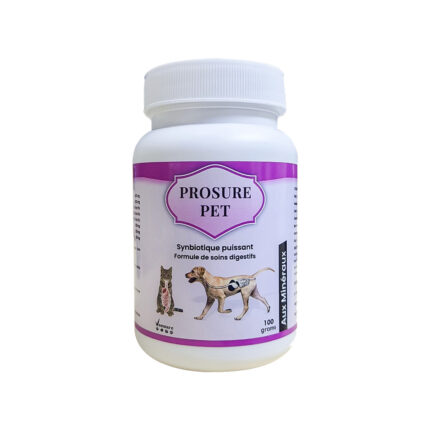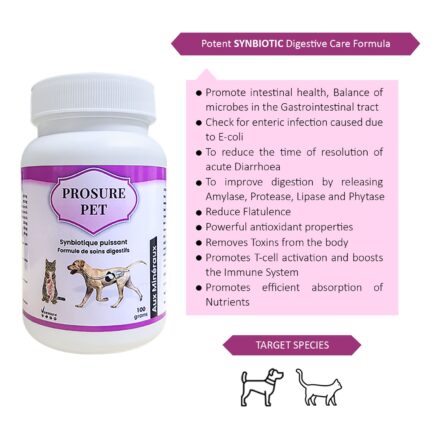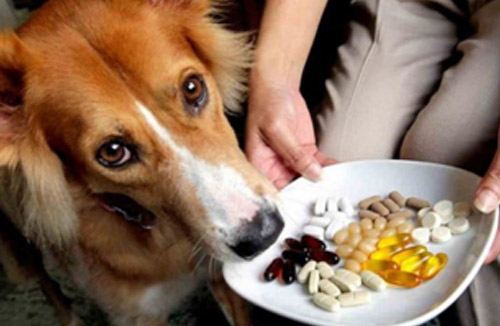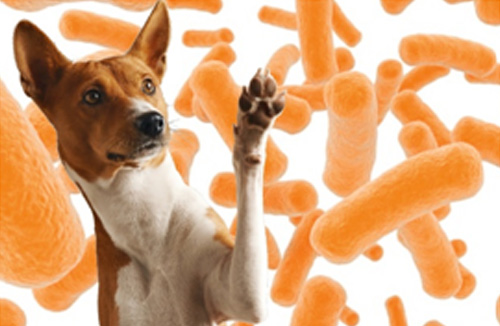Breed-Specific Health Care

We at Veesure Petcare understand that your dog is more than simply a pet; they are family. Dogs have distinct needs that vary widely from breed to breed. We will dig into the world of breed-specific health in dogs in this blog, shedding light on the specific problems and care needs for many breeds. This will help you assure your furry buddy has a long, healthy, and happy life, whether you have a rambunctious Dachshund or a sweet Labrador Retriever.
Breed-specific health refers to health disorders and illnesses that are more common in certain dog breeds due to genetics and physical characteristics. These problems might range from mild annoyances to life-threatening illnesses. Recognizing and managing breed-specific health risks is critical for providing the best possible care for your beloved canine.
Common Health Concerns for Specific Breeds
- Labrador Retrievers are prone to obesity, hip dysplasia, and eye disorders like as progressive retinal atrophy (PRA).
- Hip dysplasia, degenerative myelopathy, and intestinal problems are typical in this bright breedGerman Shepherds.
- Brachycephalic breeds such as Bulldogs are prone to respiratory problems, skin fold infections, and hip dysplasia.
- Golden retrieversare susceptible to cancer, hip dysplasia, and heart disease.
- Dachshunds are prone to intervertebral disc disease, a painful spinal illness, due to their elongated physique.
- Boxers are susceptible to certain malignancies, hip dysplasia, and cardiac problems.
- Pugsfrequently have breathing problems and may be prone to skin issues because of their folds.
Taking Care of Your Breed-Specific Needs Dog
- Begin by studying your dog’s breed to learn about its specific health concerns and traits. For more information, see breed-specific clubs and reputable sources.
- Make regular appointments with your veterinarian to monitor and manage breed-specific health concerns.
- Tailor your dog’s diet to meet the individual needs of its breed. Some breeds may need particular diets to avoid obesity or control allergies.
- When creating exercise programs for your dog, keep in mind his or her physical limits. Low-impact activities may be preferable for breeds predisposed to joint problems.
- Keep your dog at a healthy weight to avoid the risk of obesity-related health concerns, which are common in many breeds.
- Follow your veterinarian’s immunization, parasite control, and dental care recommendations. These are necessary for overall health.
- Certain breeds benefit from specialized health screenings, such as hip examinations for those at risk of hip dysplasia.
- Consult your veterinarian about the best time to spay or neuter your pet, as this can affect some breed-specific health risks.
Veesure Petcare believes that every dog deserves to live a happy, healthy life. Veesure offers specialist care for hip dysplasia (OsteoSure Pet), parasite issues (Paranil Spray), or digestive problems (Prosure Pet). Protect your dog’s health by learning about the breed’s specific needs and potential health problems. Our commitment to their breed-specific health will undoubtedly strengthen your relationship with your four-legged family member.

